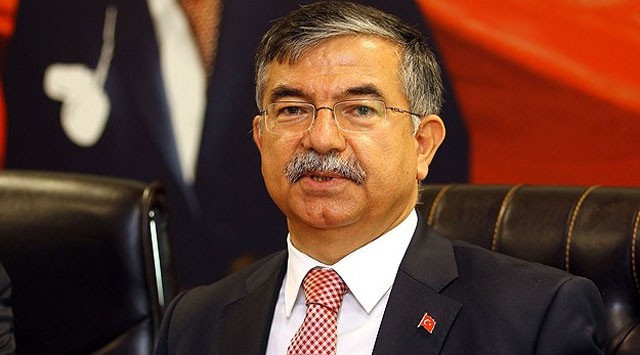News:
AKP Deputy from Sivas, İsmet Yilmaz was elected the 26th Parliament Speaker. The first coalition-durability test of the three opposition parties after June 7 ended with a triumph for the AK Party as MHP dissociated. The (AKP) rulership won the race against the opposition by preserving the number 2 position in state protocol with 258 votes out of its own group. While the parliament speaker elections did not provide any clear message about possible coalitions, MHP Chairman Devlet Bahçeli’s attitude was interpreted as “supporting AKP indirectly, and opening doors for coalition”. The Parliamentary Seal was presented to the new parliament speaker İsmet Yılmaz by interim parliament speaker Deniz Baykal.
Comment:
AK Party’s candidate won the parliament speaker elections after the fourth round and became elected to the speaker of the parliament. These elections held on 1st of July 2015 also gave an insight in how a possible coalition could be formed. Right after the elections it was frequently expressed that there stands a “60% block” in front of the rulership. After all they heavily criticized the AK Party’s 13-years of politics during the electoral campaign. CHP, MHP and HDP together can show up with 292 deputies in the parliament against the AKP with 258 deputies. In other words, this “60%-block” could have easily grabbed speakership in parliament from the ruling party.
However things did not go as planned. Here the MHP’s stance was effective. MHP indirectly helped electing the AKP’s candidate by “using invalid votes”, while at the same time it demonstrated that it is not taking place in the “60%-block”.
This attitude of the MHP raised the point that it might have come to an agreement on a coalition with the AKP. However, the CHP still remains close to a possible coalition. These elections provided the “60%-block” a chance to weigh each other and their political positions in a better extent. The MHP does not only refuse to stand on the same side with the HDP, rather it even does not want to write its name on the same line with HDP. And CHP has clearly seen that there is no option without the AKP. Now, the AK Party can lead the whole process much better.
The MHP says to remain in opposition until the end, but would consider a coalition only in case of a “big” need. And also the CHP has not completely closed its doors to a coalition partnership. The fear of all parties here is that “the one who enters a coalition with the AKP might dissatisfy its voter base.” CHP and MHP have used the thievery and corruption issue so much that they would become the partner of a “thief” if they join a coalition. The HDP had expressed in the highest level that it “will not form a coalition with AKP”. Therefore they are taking it slowly and will not jump right into the arms of the AKP.
The AKP voter base however wants a coalition with the MHP. Because the “conservative” segment of about 60% is shared between the AK Party and the MHP. And capital owners like TÜSİAD prefer an AKP-CHP coalition. America however is more interested in how a coalition would affect foreign policies. Ultimately, no matter who builds a coalition with the AKP, this coalition will not last for long. The formation of a coalition will be used to go to early elections.
Written for the Central Media Office of Hizb ut Tahrir by
Osman Yeldiz

